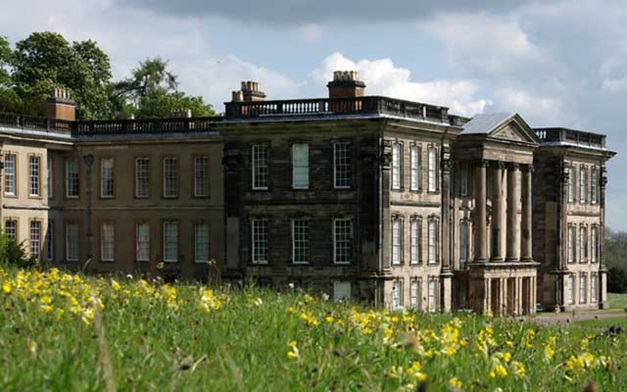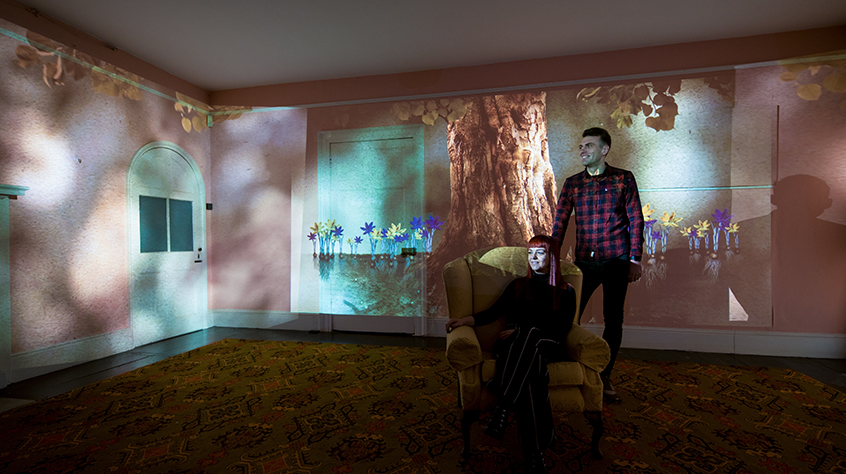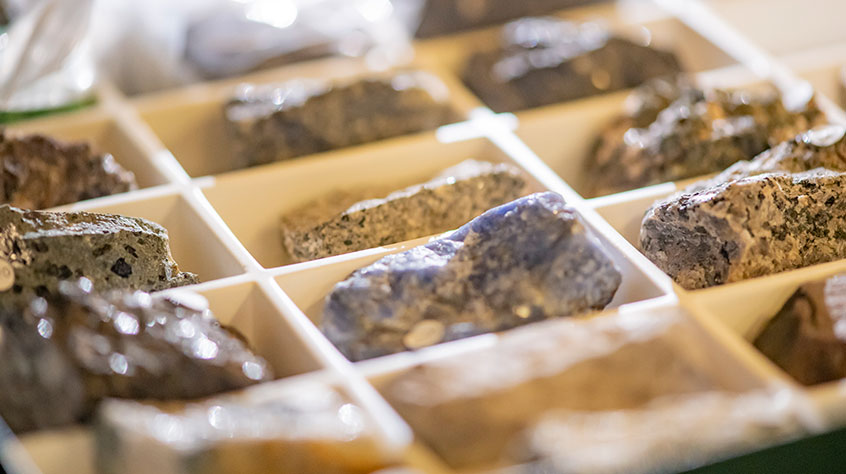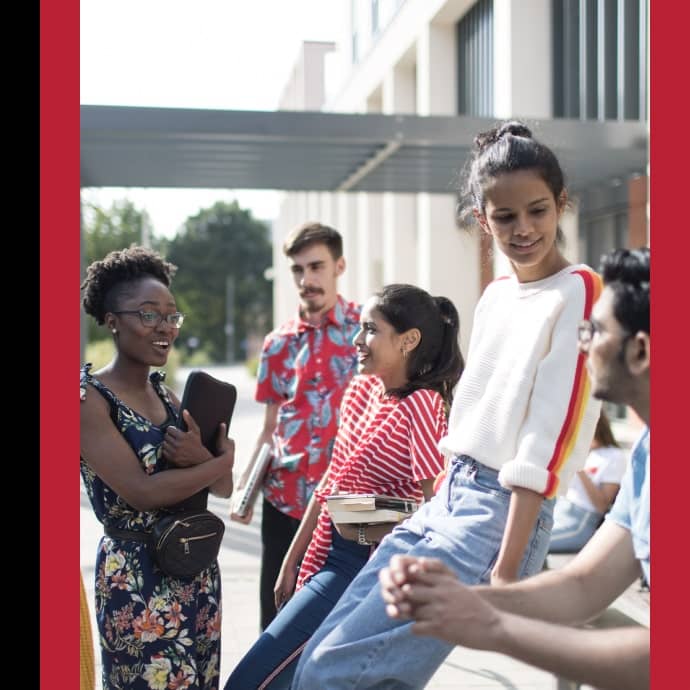Combating loneliness and isolation
A Baroque mansion built in the early 18th century, Calke Abbey is a National Trust property in Ticknall Derbyshire. The story of a reclusive family, who had little contact with each other and the outside world, has been at the heart of the narrative around Calke for more than 30 years.
When the house was handed to the National Trust in 1985, many of its rooms had been abandoned for decades and were in a state of rapid decline. This, plus Calke’s remote location and other-worldly atmosphere, helped to perpetuate the idea of a family hidden away.

Professor Suzanne MacLeod, Professor of Museum Studies, has led a team of researchers from the Research Centre for Museums and Galleries (RCMG), the National Trust and volunteers, to explore how cultural organisations can play a part in tackling the contemporary challenge of isolation and loneliness and to drive a process of change and development at Calke.
Professor Suzanne MacLeod, Professor of Museum Studies, has led a team of researchers from the Research Centre for Museums and Galleries (RCMG), the National Trust and volunteers, to explore how cultural organisations can play a part in tackling the contemporary challenge of isolation and loneliness and to drive a process of change and development at Calke.
A comprehensive study of diaries, letters and other archive material soon revealed that previous portrayals of Henry Harpur – The Isolated Baronet – and his descendants were largely inaccurate. Instead, powerful stories of great love, compassion and kindness were uncovered.
©National Trust / Rod Kirkpatrick
This research has led to the creation of a two-year exhibition at the Abbey. Running from Saturday 2 March 2019, HumanKind was an immersive experience which told the stories of six interesting, kind and complicated people, all of whom experienced moments of loneliness and isolation, but always as a result of their complex life experiences rather than their personalities.
HumanKind used these new stories and insights to challenge the stigma that surrounds loneliness and isolation and to get people talking. Small interventions across the site were designed to foster interaction between visitors and volunteers. New seating encouraged conversations, as did Chatty Cafes in Calke’s restaurants. A HumanKind Pledge Wall also encouraged exhibition visitors to pledge an act of kindness or self-care after their visit had finished.
The project has led to new ways of working and thinking at Calke that the team plan to take into the next stage of their work at the site.





